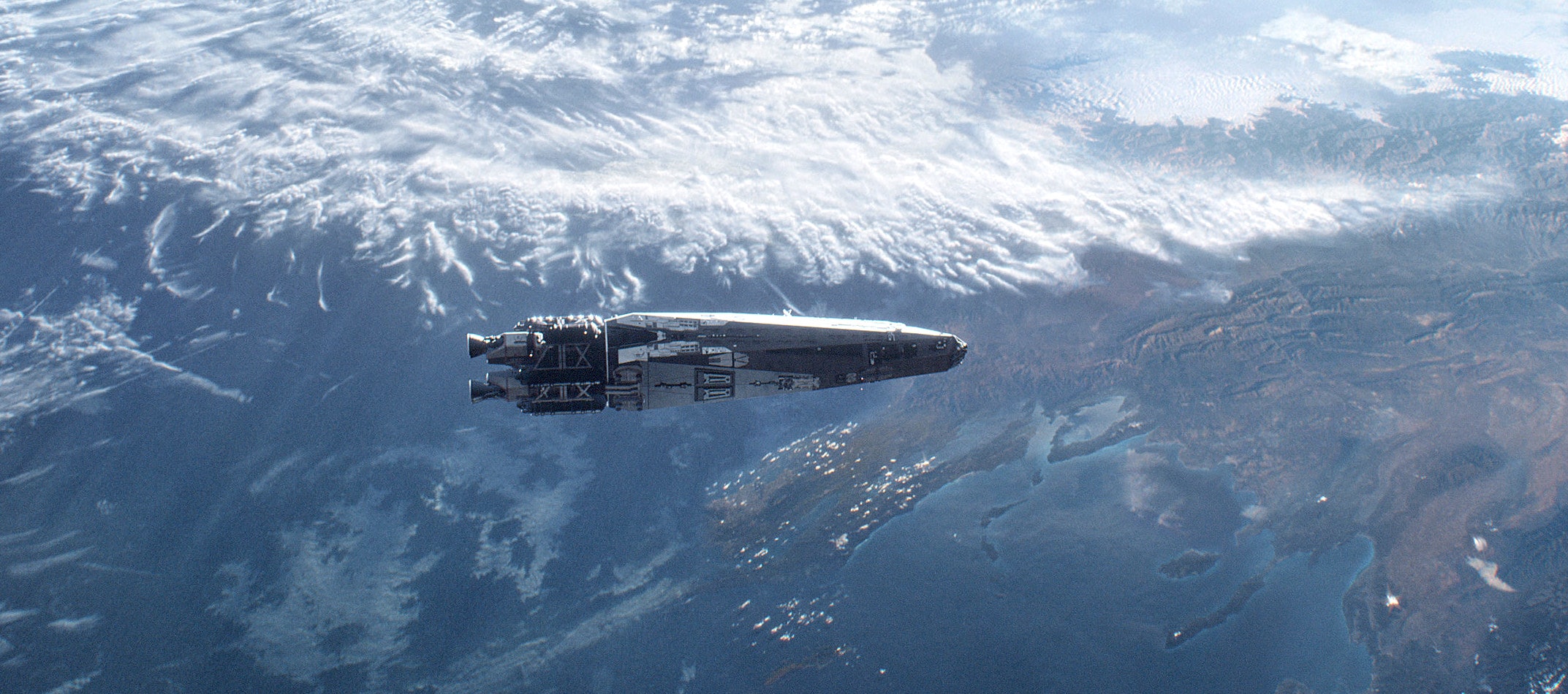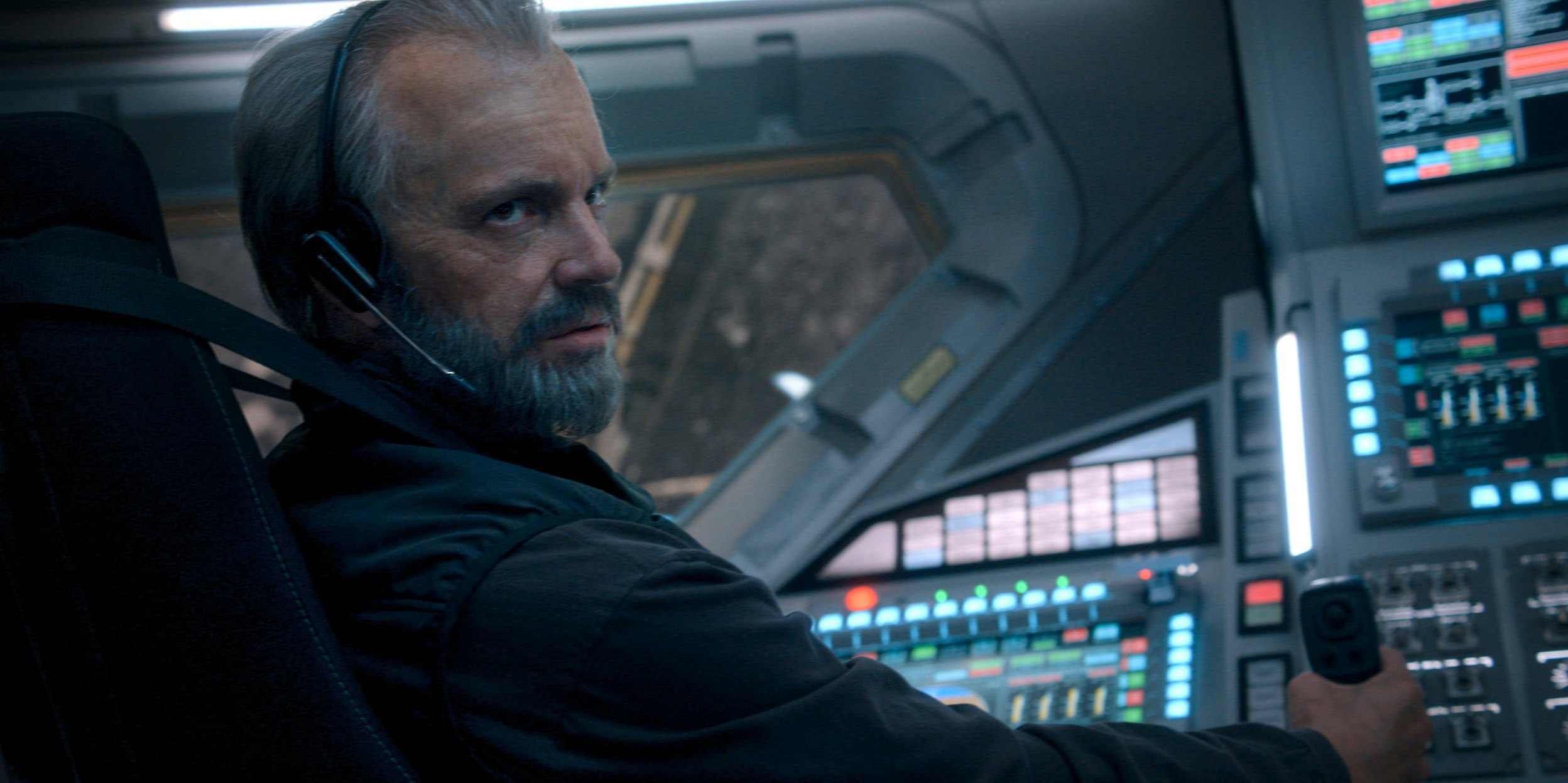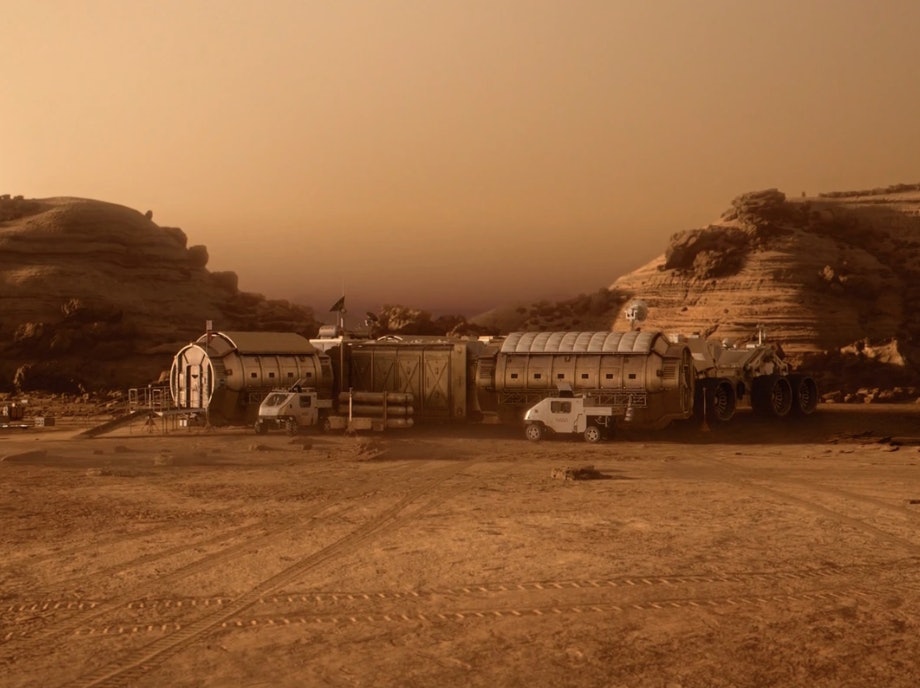
Remember when people on Mars got rowdy in 2003? In For All Mankind Season 4, the alternate spaceflight timeline that began in 1969 will continue into the 21st century with a very different status quo for planetary colonization than we ever experienced in real life.
As Apple’s sci-fi series continues its ambitious march toward the future, the new season will not only continue the show’s mind-bending alternate history but also potentially begin a very realistic interplanetary conflict between Earth and Mars. Or perhaps, war on Mars itself. And if For All Mankind does take its timeline into a solar system of interplanetary war, it could set a new precedent for sci-fi TV.
For All Mankind 2003 timeline, explained

Starting in Season 1, For All Mankind has presented an alternate timeline that begins with the USSR landing astronauts on the moon before the historic Apollo 11 mission on July 20, 1969. This event kickstarts a supercharged space race, which results in several scientific innovations and social leaps forward that did not occur in our timeline. The butterfly effect of For All Mankind results in all sorts of eyebrow-raising changes: American women in space in the ‘70s, a fully operational moonbase by the early ‘80s, clean energy by the ‘90s, an openly gay President, space hotels, and yes, by the end of Season 3, several world powers all landing human beings on Mars where they establish a base called “Happy Valley.”
Each season of For All Mankind jumps ahead roughly a decade from where the previous season left off, and the showrunners have a seven-season arc planned for the entire story. This means by the final two seasons, the series could extend to an alternate present and conclude in an alternate future. From a character point-of-view, the show is multi-generational and has been described by producers Matt Wolpert and Ben Nedivi as One Hundred Years of Solitude mixed with alternate history science fiction. In Season 4, all of that is inching into the 21st century.
For All Mankind’s Mars conflict
According to the latest press release from Apple, Season 4 of For All Mankind will begin as “Happy Valley has rapidly expanded its footprint on Mars by turning former foes into partners.” As teased in the previous season, Mars will become a major port for humankind because the various space programs, including Helios, are focused on the “mining of extremely valuable, mineral-rich asteroids that could change the future of both Earth and Mars.”
Although For All Mankind Season 4 hasn’t released a proper trailer, it has released a meta-recruitment video for Helios, indicating the growth of the commercial space agency in the 2003 timeframe. This video is narrated by Ed Baldwin (Joel Kinnaman), who, at the end of the trailer is visibly much older than he was in Season 3. This makes sense. By 2003, Ed should be about 74 years old.
The hidden detail in all of this is mentioned in the Apple press release: “Simmering tensions between the residents of the now-sprawling international base threaten to undo everything they are working towards.” This may sound like a small plot detail, but previously, in Season 2, For All Mankind did an excellent job at depicting why armed conflict on the Moon would be terrifying. Now that there’s an established human colony on Mars, could the “simmering tensions” also include the seeds of a Martian colonial conflict with Earth?

The idea of humans on Mars getting into a civil war with Earth is classic territory for science fiction. From The Expanse to Babylon 5 to Kurt Vonnegut’s The Sirens of Titan, imagining humans fighting humans with Mars as a focal point is as compelling as it is tragic. But if For All Mankind tackles this idea, the results will be way more realistic and down-to-EarthMars than anything any sci-fi TV series has done before.
To be clear, it’s not been revealed yet if this will actually happen in For All Mankind. But if it does, this will be unlike any kind of Mars action we’ve seen in filmed science fiction to date. Now that For All Mankind exists in an alternate 21st century — with technology superior to what we have in the real 2023 — the show will only get more hardcore with sci-fi innovations as the seasons go on. Unless, of course, something big happens that throttles all of this innovation backward. In For All Mankind, the juiced-up space race prevented the Cold War from becoming hot. But in Season 4, can anything prevent Mars from becoming a new battlefield? Only alternate history will tell!




.jpg?w=600)


